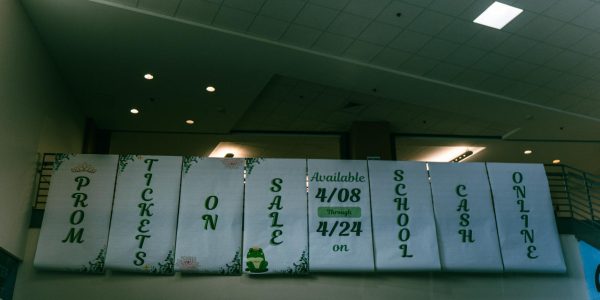Winter Holidays and their Roots
With winter break starting, PCNN decided to send its reporters out to ask people if they will be celebrating any holidays this December break. Of the 48 people polled, about 19% of them will not be celebrating any holidays and will simply relax for the next two weeks. However, most of the people we polled will be celebrating Christmas, while two will be enjoying Kwanzaa. Another thing we were curious about is whether the holiday celebrations this month are for cultural or religious reasons. From this, we found out that about 69% will be doing it for religious reasons, while the rest are doing it for traditional and cultural reasons. While we couldn’t find a representative of Hanukkah, we’re sure many from Panther Creek will be celebrating it this year.
While Christmas is sometimes celebrated for social and cultural reasons, many like to honor its religious roots as the anniversary of the birth of Jesus Christ. This holiday, held on December 25th, is the result of many different celebrations evolving together over the years, primarily Saturnalia. This was a hedonistic, wild celebration held by the Romans for a month during the winter solstice. When Christianity spread into Rome, Pope Julius I chose December 25th as a day to celebrate the birth of Jesus of Nazareth. Although many debate the accuracy of this day, it is believed that the pope chose this day to replace the Saturnalia festival. This was an attempt to make it easier for people to adopt Christianity, and by the Middle Ages it was a success. People had mostly replaced pagan religion with Christianity, and Christmas as we know it today was beginning to flower.
Hanukkah (“dedication” in Hebrew) is known as a yearly celebration of Jewish people over religious persecution. In 168 B.C., then-king of Syria Antiochus IV Epiphanes sent his soldiers upon Jerusalem to massacre people and destroy their holy temple. In its place, they erected an altar to the Greek god Zeus. After four years, the Jews of Jerusalem rebelled and drove out the Syrians. In an effort to rebuild their holy temple, they lit a golden menorah in the temple (the 9-branched candelabrum associated with Judaism and lit for Hanukkah). However, they only had enough oil to keep the candle’s burning for a single day. Miraculously, the candle kept burning for eight days. For this reason, an eight-day celebration was born centered around the menorah and celebrating the Jewish dedication and faith. This year, Hanukkah was celebrated from December 6th to December 14th.
Kwanzaa (from matunda ya kwanza, or “first fruits” in Swahili) is a cultural holiday created in 1966 by Dr. Maulana Karenga at California State University as a way to preserve and celebrate the shared heritage of people of African descent. It is held from December 26th to Friday, January 1st, and it’s a seven-night long celebration based on Dr. Karenga’s seven principles of African culture. These are: unity, self-determination, collective work and responsibility, cooperative economics, purpose, creativity, and faith. These symbols are discussed after a child lights one of the candles on the kinara (a candelabrum representing the original roots from which all African Americans originate) on each of the holiday’s seven nights. Seven basic symbols also play an important role in this holiday, like mkeka (or place mat): a representation of the history and tradition of the African American people. Vibunzi, or “ear of corn,” represents fertility and the descendants of African Americans. This is another way of highlighting the importance of family and children as the future of the community.
Whether it’s honoring the determination of one’s people, celebrating the deep-rooted ties of one’s culture, or paying respect to a significant religious event, many see December as a festive, cheerful month.







